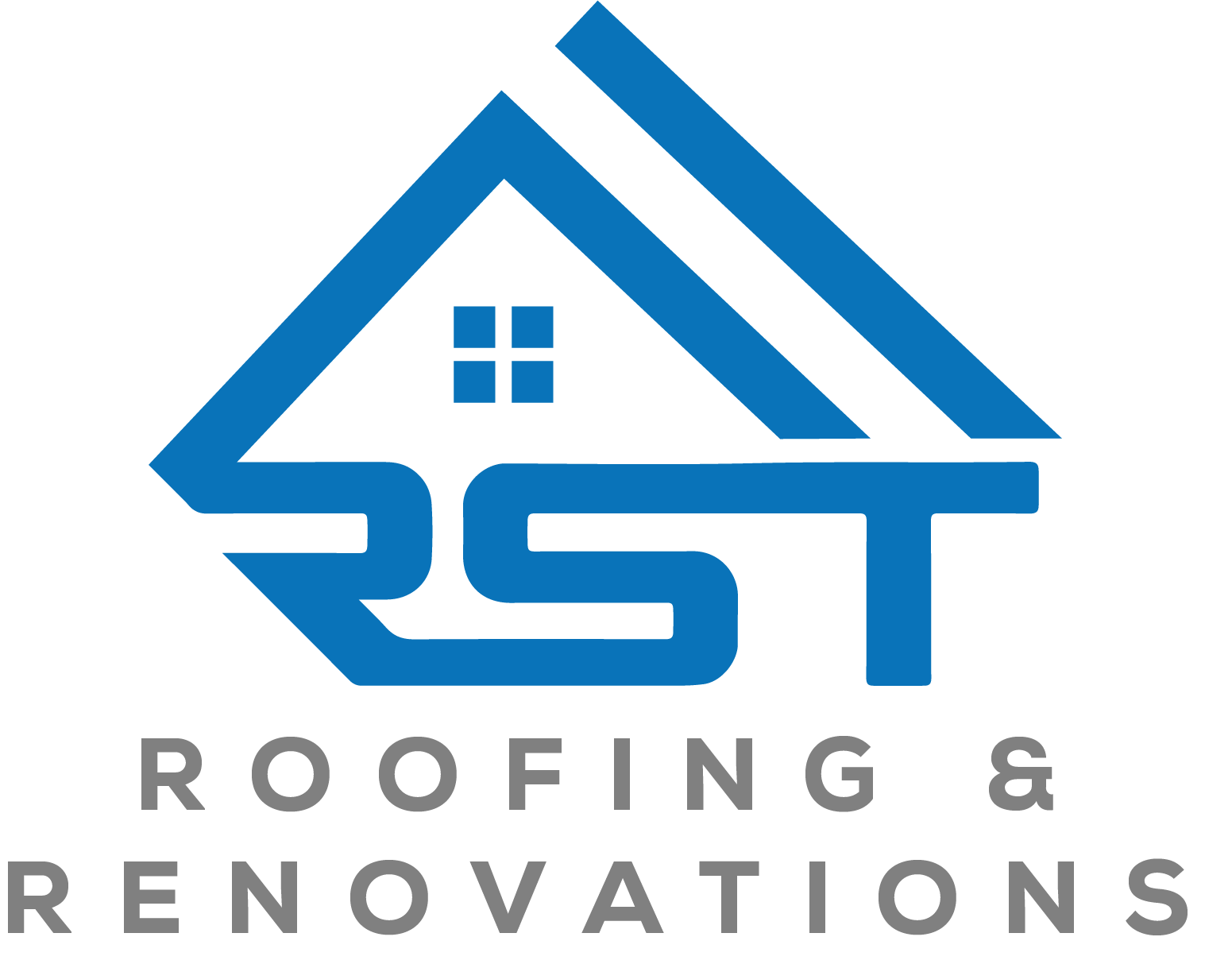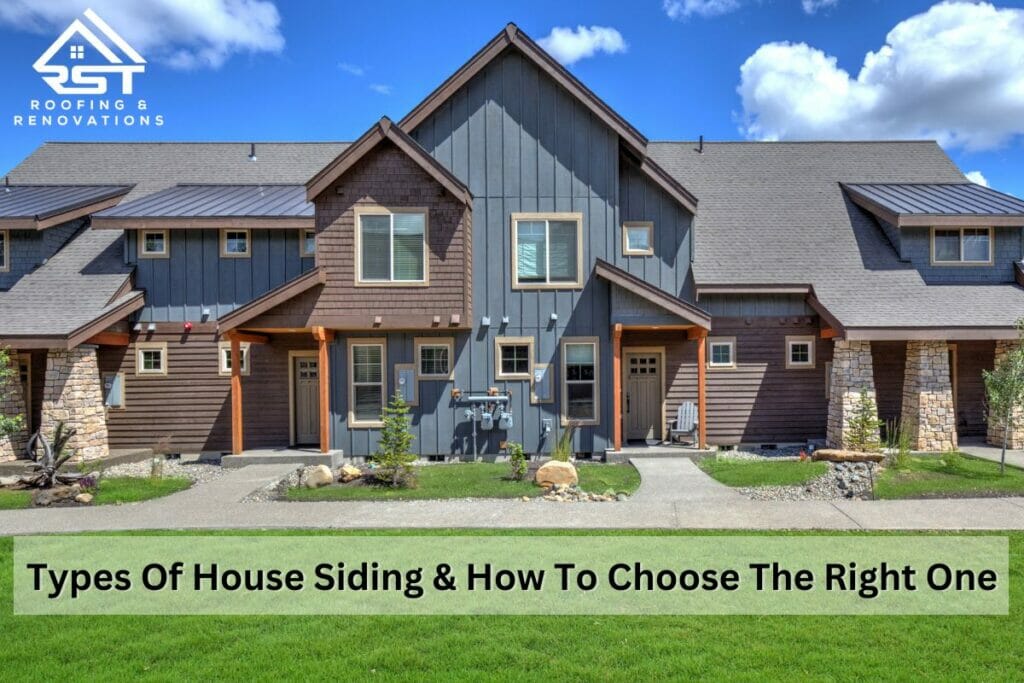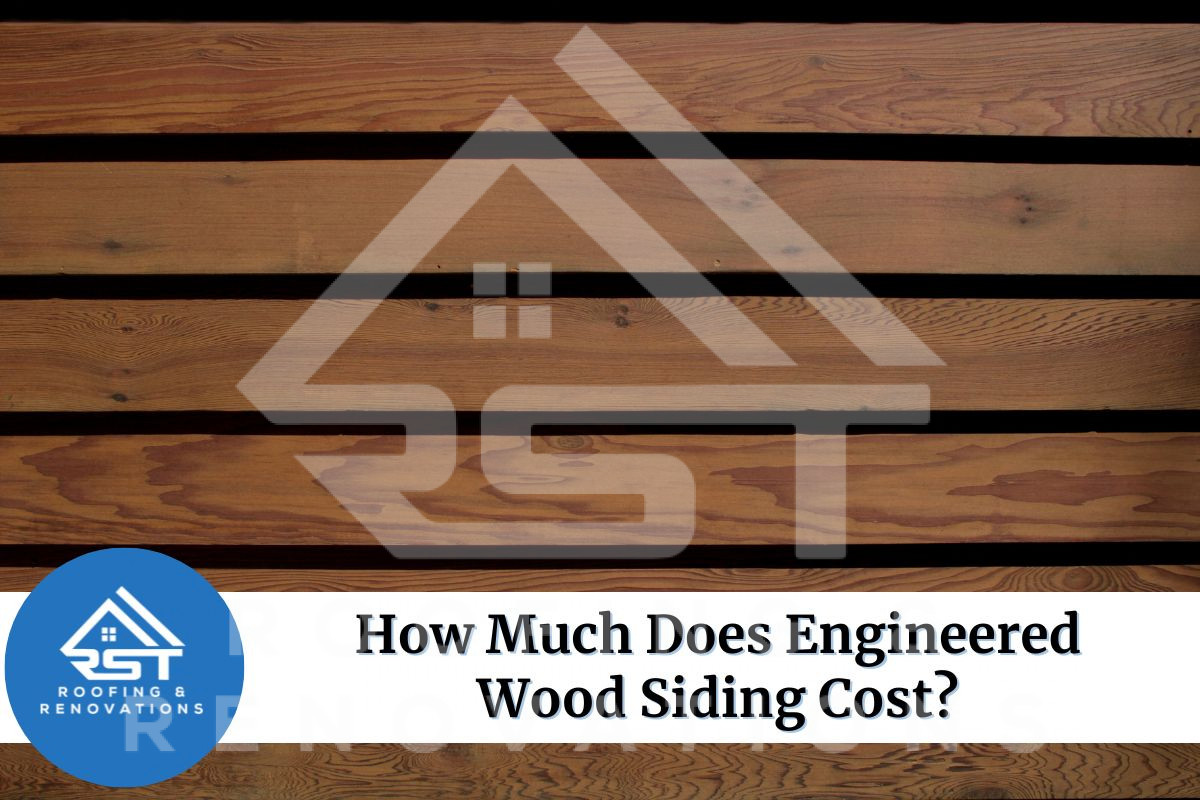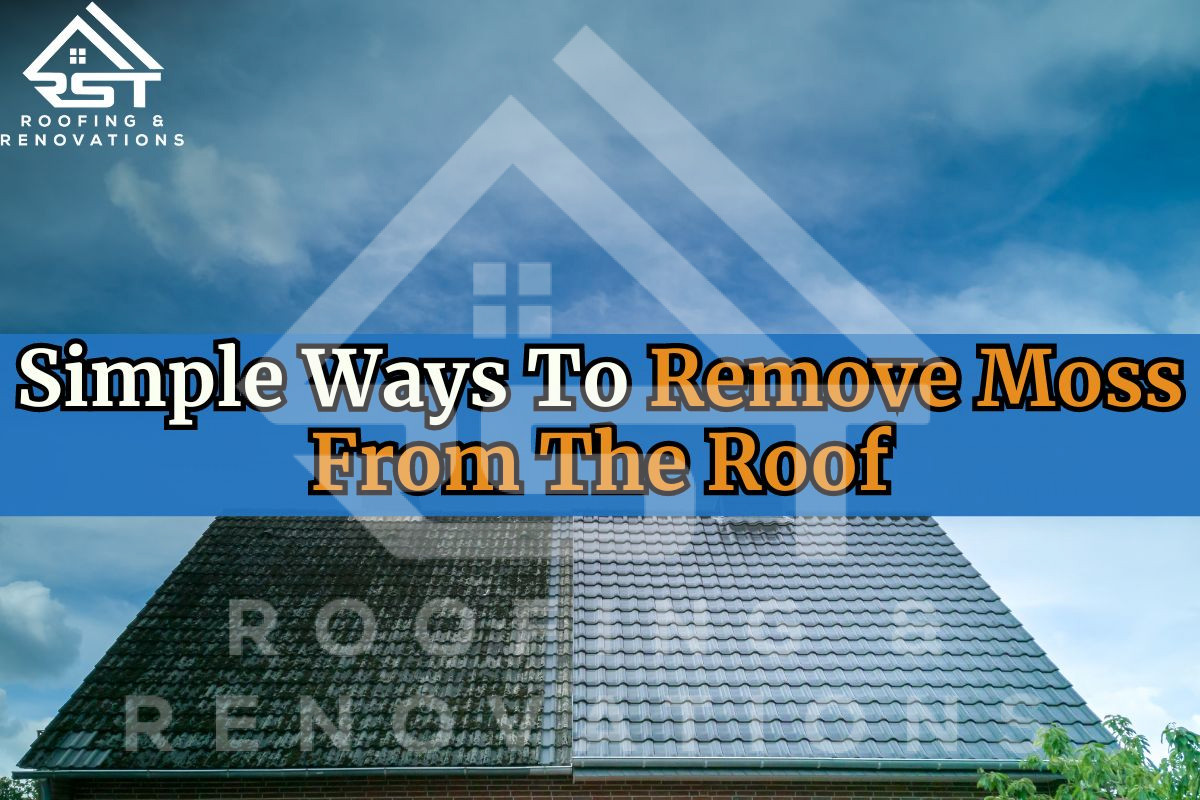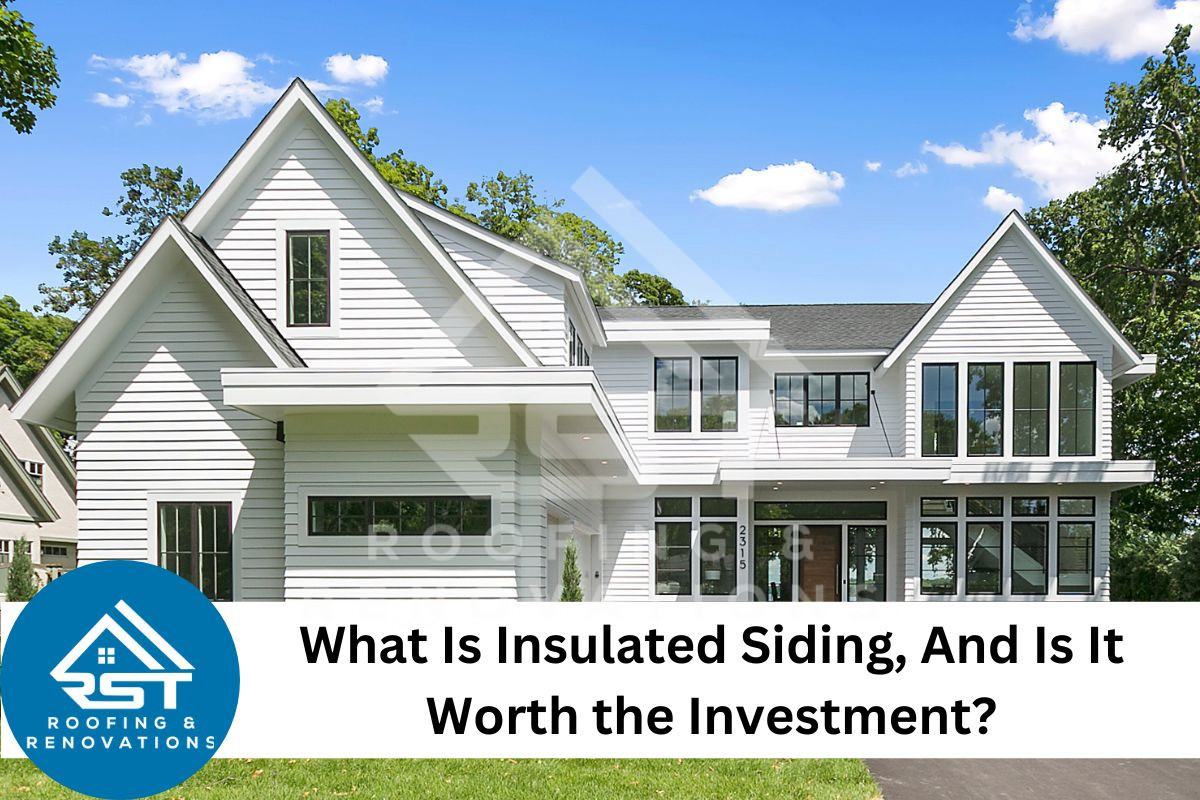Are you wondering what types of house siding are available and how to choose the best one for your home? You’re in the right place!
In this blog post, we’ll explore the different types of siding on the market and their pros and cons. We’ll also discuss the factors you should consider when choosing the best siding for your home, such as cost, durability, and aesthetic appeal.
By the end of this article, you’ll have a clear understanding of which siding is right for you and your home.
Why The Siding On Your Home Is Important
The siding of your home plays a crucial role in protecting you and your family from the elements. It keeps moisture out, provides insulation against extreme temperatures, and helps prevent pests from entering your home.
When choosing the best siding, consider the material and the environment where you live. For instance, vinyl siding is popular for its low cost and ease of installation but may not be ideal for areas with extreme temperatures or coastal regions.
Wood siding offers a natural look but requires more maintenance and is susceptible to rot. It’s important to research each type of siding to determine which one is right for you.
Now, let’s discuss the different materials of siding available on the market and the pros and cons of each.
Types Of Siding
From traditional wood planks to modern metal panels, each material has its unique features and benefits. Let’s take a closer look at the seven most popular siding materials that are versatile, durable, sturdy and appealing.
#1 Vinyl Siding
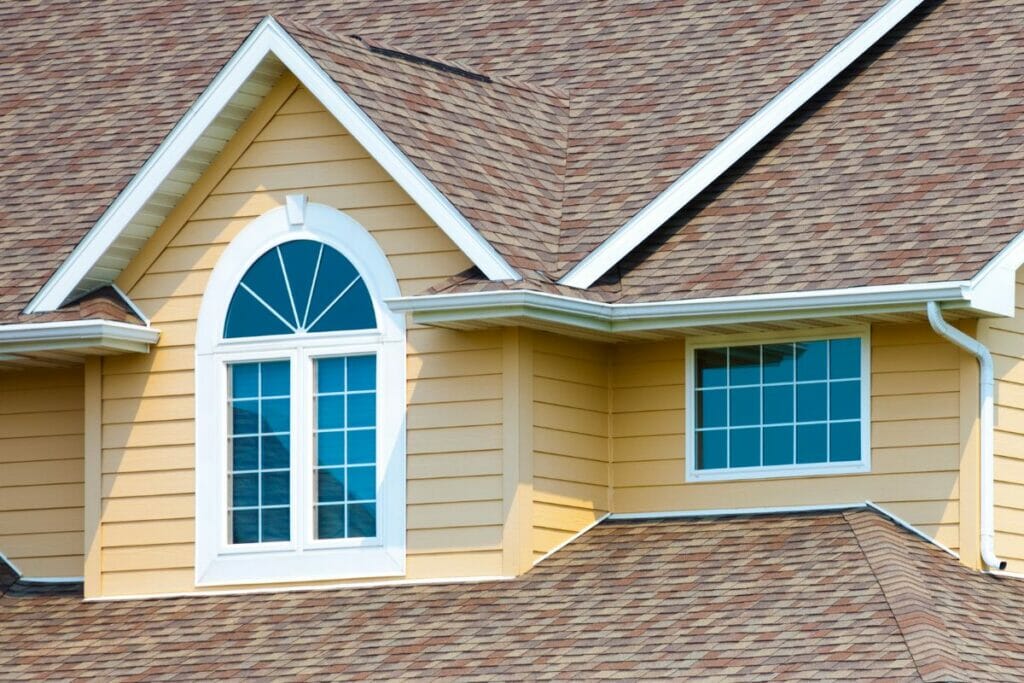
Vinyl siding is a synthetic material made from a combination of PVC, calcium carbonate, and other additives that form a durable, weatherproof material.
Pros of Vinyl Siding
Affordability: Vinyl siding is a popular choice for homeowners who are looking for an affordable option for their home’s siding.
Low Maintenance: Requires very little maintenance since it does not need to be painted or treated like wood siding.
Weather Resistance: Resistant to harsh weather conditions, standing up to rain, snow, and wind without becoming damaged.
Variety: Comes in a variety of styles, textures, and colors, including horizontal lap siding and vertical vinyl siding.
Ease of Installation: Horizontal lap siding creates a sleek, modern look and can be installed easily.
Cons of Vinyl Siding
Aesthetics: Some people believe that vinyl siding looks cheap and unnatural compared to other types of siding.
Color Fading: Its color fades over time due to sun exposure or harsh weather conditions.
Insulation: Does not provide as much insulation as other types of siding, such as wood or fiber cement siding.
#2 Engineered Wood Siding
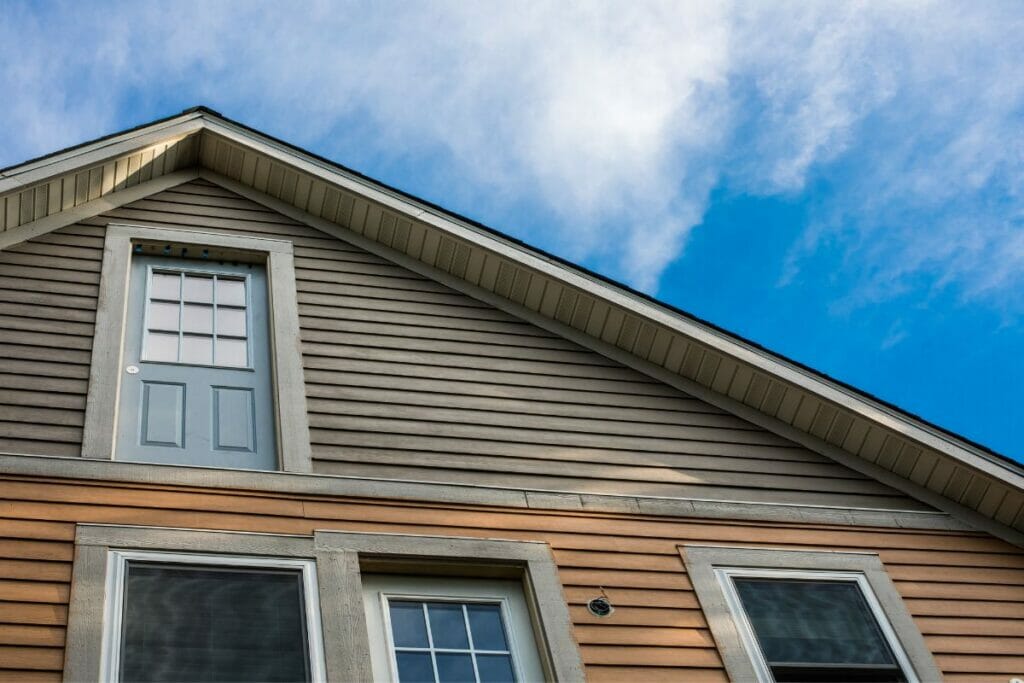
Engineered wood siding is a popular type of siding choice among homeowners who are looking for an aesthetically pleasing, long-lasting option.
Pros of Engineered Wood Siding
- Aesthetic Appeal: Offers a unique look and feel that stands out from traditional vinyl or wood siding.
- Strength and Durability: Superior strength and durability compared to traditional wood siding.
- Resistance: Resistant to moisture, insects, and other potential damage that can occur with natural wood.
- Low Maintenance: Does not require as much maintenance, such as repainting.
Cons of Engineered Wood Siding
- Cost: Engineered Wood singing tends to be more expensive than other types of siding, such as vinyl.
- Repair Difficulty: Can be difficult to repair or replace due to its complex structure.
#3 Natural Wood Siding
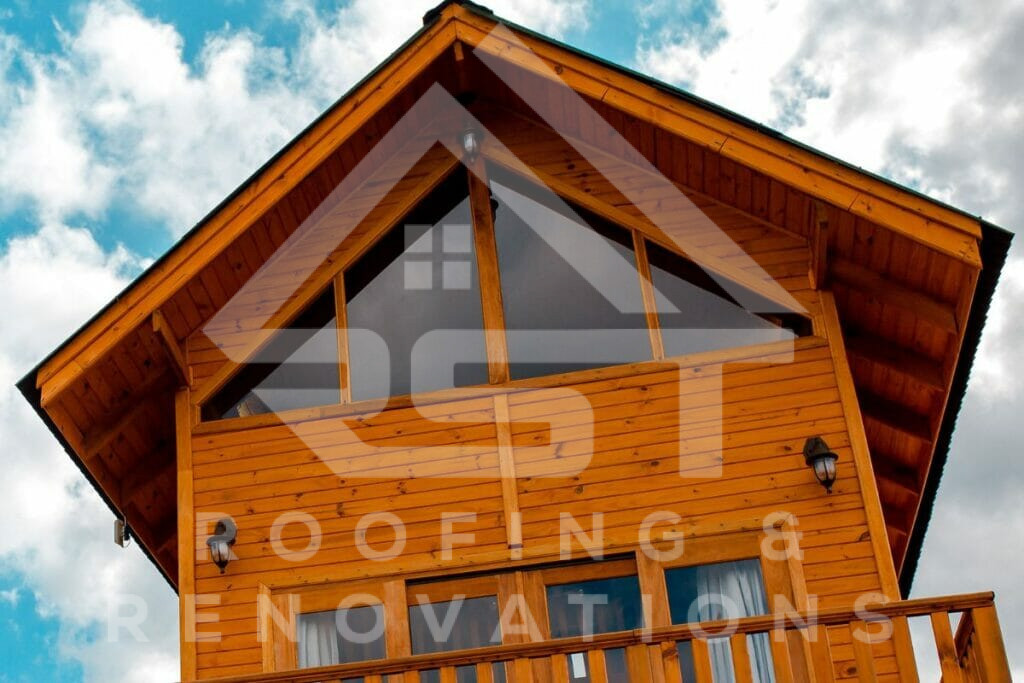
Natural wood siding uses real wood to provide an aesthetically pleasing and durable exterior for your house. Cedar, pine, redwood, cypress, and spruce are some of the most commonly used wood for this type of siding, each offering its own unique look and characteristics.
Pros of Natural Wood Siding
- Aesthetic Appeal: Provides a classic and rustic look that never goes out of style.
- Durability: Extremely durable and can withstand harsh weather conditions, such as rain and strong winds.
- Variety: Available in different types of wood like cedar, pine, redwood, cypress, and spruce, each offering unique looks and characteristics.
Cons of Natural Wood Siding
- High Maintenance: Requires regular staining and sealing to protect from warping and rotting due to moisture exposure.
- Cost: More expensive than other types of house siding.
- Installation: The installation process can be more time-consuming.
#4 Metal Siding
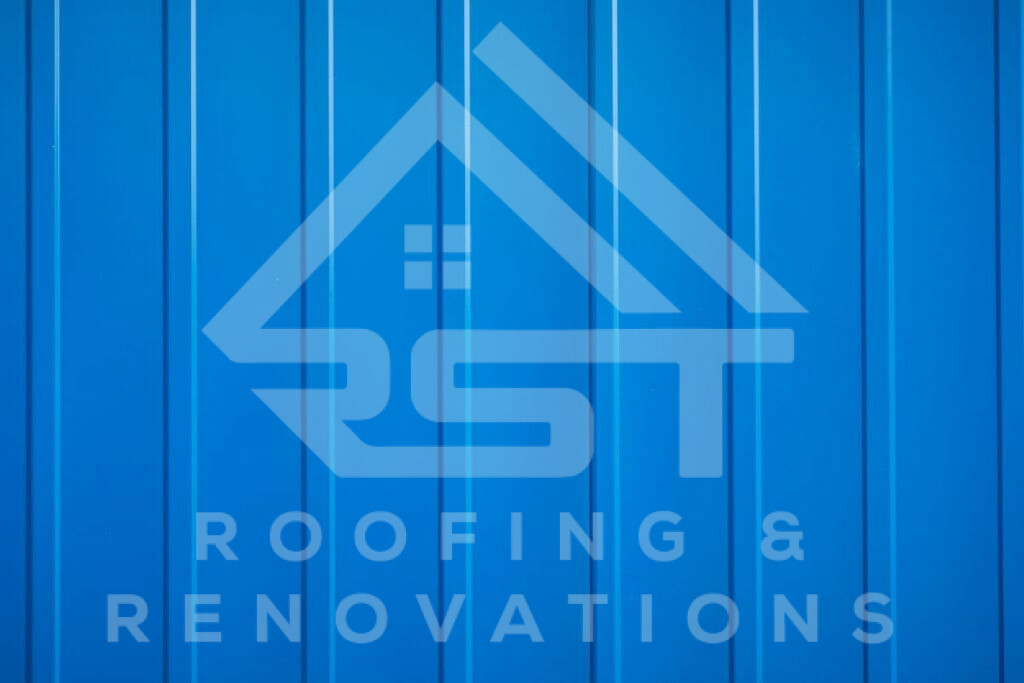
Metal siding is a popular option for homeowners due to its durability, versatility, and modern aesthetic.
Pros of Metal Siding
- Durability: Can withstand harsh weather conditions such as wind, rain, and hail.
- Low Maintenance: Requires minimal upkeep.
- Versatility: Available in various colors & styles, including horizontal and vertical panels, shingles, and corrugated metal sheets.
- Modern Aesthetic: Offers a sleek, modern look suitable for contemporary homes or for adding a modern touch to traditional homes.
Cons of Metal Siding
- Prone to Damage: Can be dented and scratched, which may require repairs and reduce curb appeal.
- Cost: Can be expensive, especially with premium materials like copper or zinc.
#5 Stone Veneer Siding
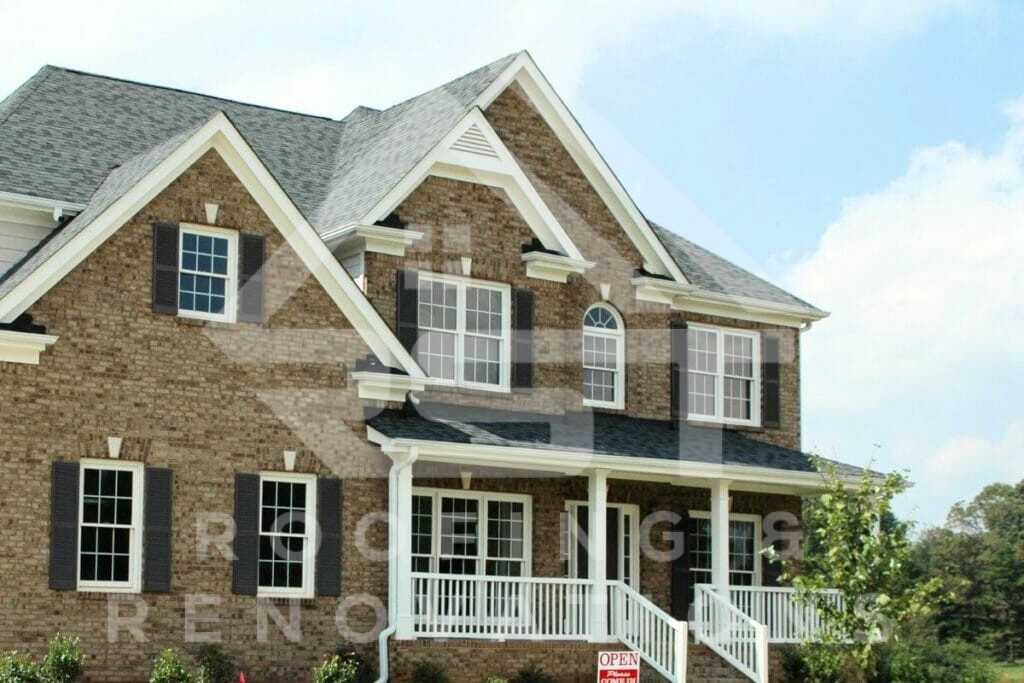
Stone veneer is a type of building material that is used to give the appearance of natural stone on the exterior of a building. It is made from a thin layer of natural or manufactured stone that is applied to a substrate, such as a concrete wall. The veneer is typically less than an inch thick and is secured to the substrate with a bonding agent.
Pros of Stone Veneer Siding
- Aesthetic Appeal: Provides the look of natural stone at a lower cost and lighter weight than a full stone exterior.
- Durability: Can withstand harsh weather conditions and extreme temperatures.
- Low Maintenance: Requires minimal upkeep and no protective coatings.
Cons of Stone Veneer Siding
- Potential for Water Damage: Improper installation or sealing can lead to water seeping behind the stones.
- Weight: Can be heavy, possibly requiring additional structural support during installation.
- Installation Cost: The need for additional support and careful installation can increase the overall cost.
#6 Brick Siding
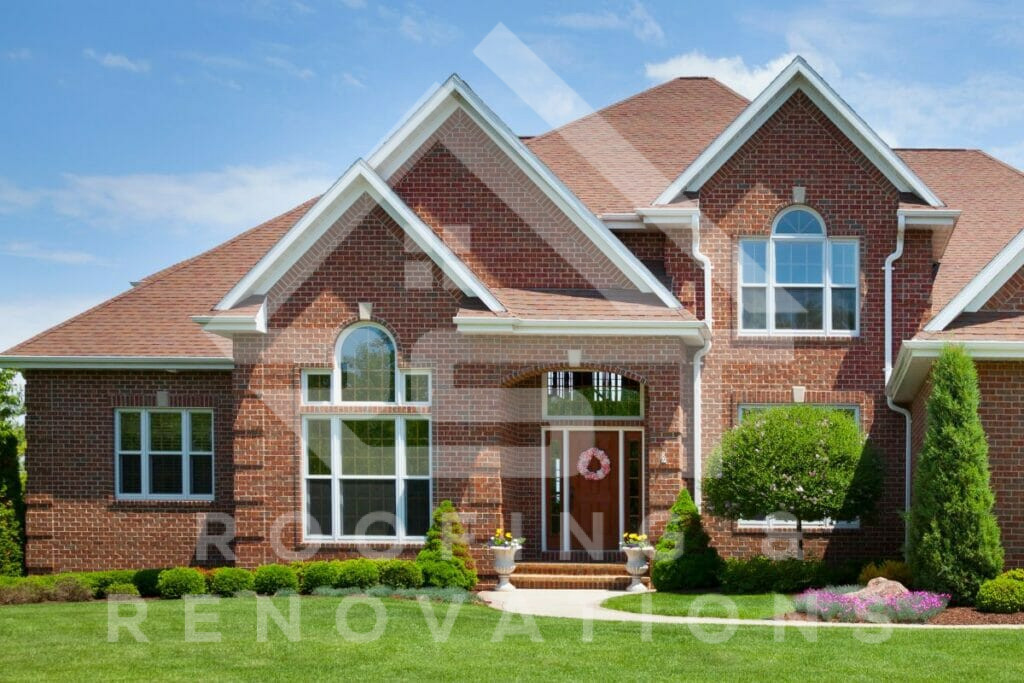
Brick siding, also known as brick veneer, is a type of building material used to give the appearance of traditional brick construction on the exterior of a building. It is made from a thin layer of brick that is applied to a substrate the same way stone veneer is.
Pros of Brick Siding
- Aesthetic Appeal: Provides the look of traditional brick construction.
- Durability: Extremely durable and able to withstand extreme temperatures and harsh weather conditions.
Cons of Brick Siding
- Maintenance: The mortar holding the siding together may crack or crumble over time.
- Installation Cost: Extra support may be needed during installation, leading to higher costs.
#7 Fiber Cement Siding
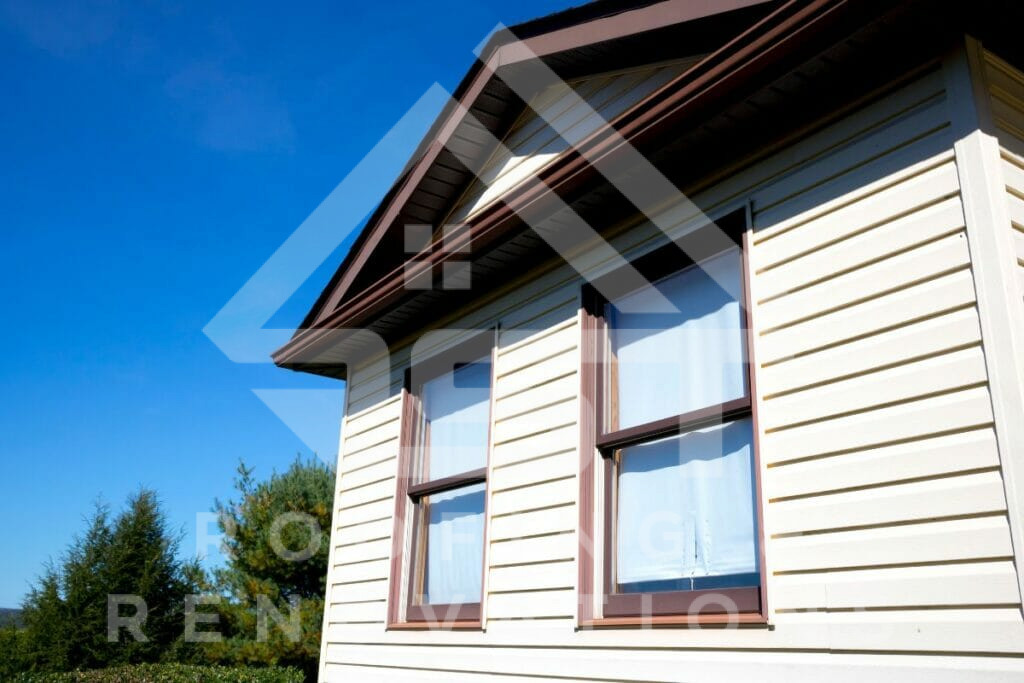
Fiber cement siding is one of the most popular types of house siding on the market today. It is a strong and durable building material that is made from a mix of Portland cement, cellulose wood fibers, and other ingredients. This siding has many advantages compared to other materials like vinyl or wood siding.
Pros of Fiber Cement Siding
- Durability: Extremely strong and can last up to 50 years with proper maintenance.
- Fire Resistance: Highly resistant to fire.
- Pest Resistance: Resistant to termites and rot.
- Low Maintenance: Requires only occasional washing with a hose and brush.
Cons of Fiber Cement Siding
- Cost: More expensive than other types of siding.
- Weight: Heavier than other materials, which may require additional support during installation.
- Repair Difficulty: Can be difficult to repair when damaged.
What To Consider Before Purchasing Siding
Before finalizing your siding choice, consider these factors:
Climate and Weather Conditions
Choose siding that can withstand your local climate. For regions with extreme temperature changes, look for materials that resist cracking, warping, and fading.
Home Style and Aesthetics
Match the siding material to your home’s style. Traditional homes often look best with wood or brick, while modern homes can benefit from sleek options like metal or fiber cement.
Maintenance Requirements
Consider how much maintenance you’re willing to do. Wood siding needs regular painting or staining, whereas vinyl and metal require minimal upkeep.
Durability and Longevity
Think about how long you want your siding to last. Brick and stone can last for decades with minimal maintenance, while vinyl offers a good balance of durability and ease of care.
Cost and Budget
Weigh the initial cost against long-term savings. While brick and stone are pricier upfront, they may save money over time with less maintenance. Vinyl and metal are more affordable options with reasonable durability.
By considering these factors, you can choose the siding that best suits your needs and preferences.
Get The Best Siding Contractors In Atlanta, Georgia
Now that you know the importance of siding to your home, and the types available on the market, we hope you feel more informed regarding the decision you’ll make for your home. There are also variations of the types of house siding we’ve listed here, so we recommend doing your own research to find exactly what you need.
If you’re looking for a reliable siding contractor in Atlanta, GA, look no further than our experienced team at RST Roofing and Renovations, LLC. Our team has years of expertise in repairing and installing all types of siding materials and styles. You can rely on our skilled professionals, who can help protect your home for many years to come! Give us a call today at (404)-548-8901 to speak with one of our experts and get started with a consultation.


